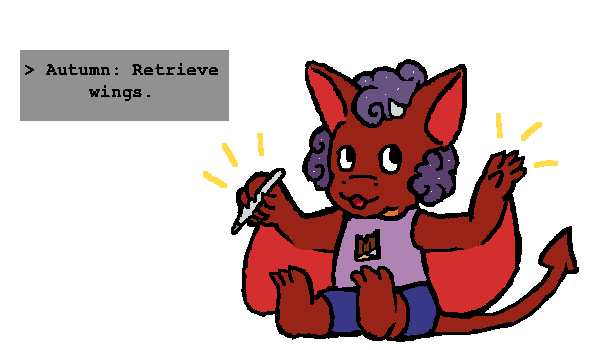In topic: "Auteur Theory and Death of the Author in Homestuck"
oh yea i forgot i meant to respond to this
I think both when understood and used in their proper literary sense and not the general colloquialisms people use them as are equally valid ways of reading into and interpreting a work, and I tend to go with a hybrid approach because a creator can say X all they want but if pretty much their entire audience thinks the work is saying Y then the artist kind of failed at making their own point and its compelling to try to understand what the author was actually getting at and also why and how it fell short or was "misinterpreted" by so many people and what that Means in a grander scheme of things.
which brings me to how (imo) thats kind of a core idea explored with the Ultimate Self (and arguably most if not all the post-canon works in general). Creating your own interpretations through fanwork, even if its something as simple as a coffee shop au, is still furthering yours (and potentially others) understanding of that character, and even if you dont notice it those fanworks interact with your understanding of the main body of work. "fanon" is a term that exists for a reason after all, and who among us hasnt complained about an off-skew fan interpretation being the main thing that people talk about. It wants you to consider what is more important, do you care more about the author and their hand in the process and which past events informed the work? do you care more about the infinite different ways to read and interpret a work? What even makes something belong to a canon body of work and does it matter at the end of the day?
